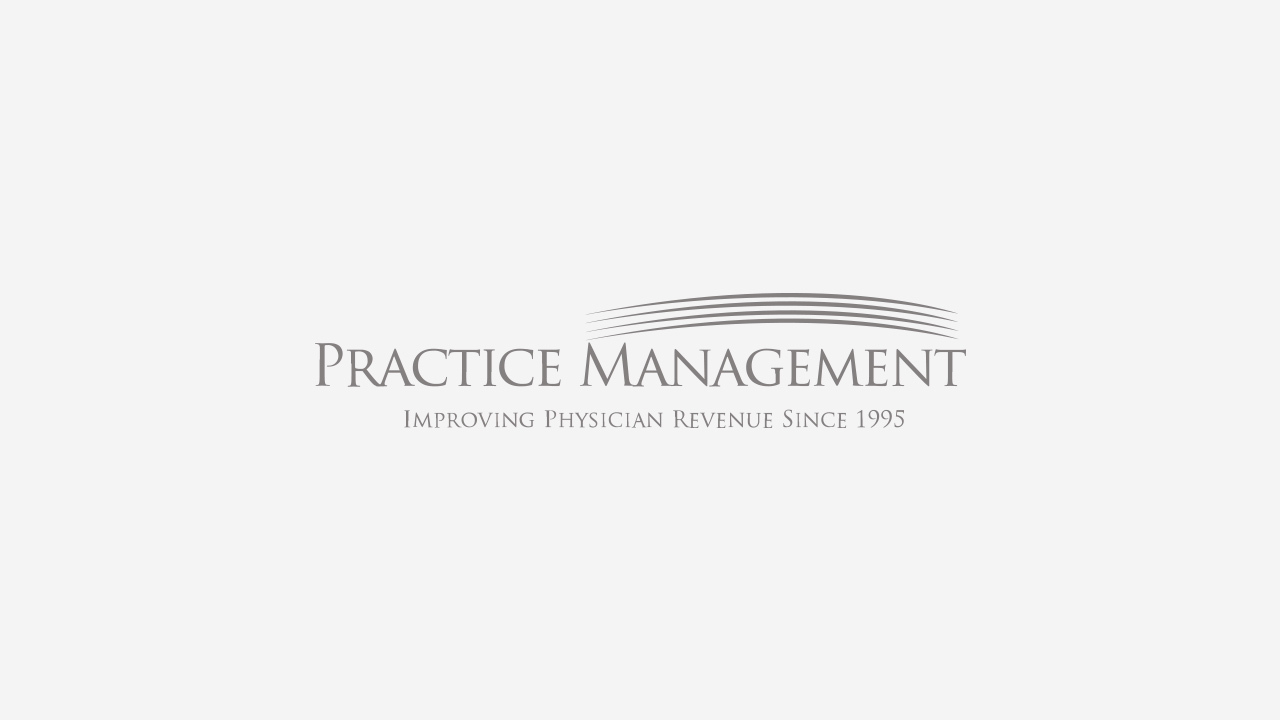
Communication is crucial in any profession, but its importance magnifies in the medical field. Without open and free lines of communication between doctors and patients, doctors and staff, and between doctors themselves, health care delivery hampers dramatically. Do you feel as if you need some work in this area? You’ve decided to research the topic, so you have part of the equation solved. Now let’s investigate ways you can become a more effective communicator in your health center.
Listening seems like a simple enough concept in theory, but in practice, it can be elusive. When your mind is racing through different scenarios preparing your word choice, often you forget to listen. How can you avoid making this communication misstep? Understand you are building trust with your patient. If they feel as if they are being ignored, trust cannot be established. Acknowledge their words with proper responses and follow up with pertinent questions. Actually, show you care not just in your words but by your actions as well.
Communicating goes beyond words alone. Your body language also tells a story. A story that either reveals you are actively listening or just playing the part. According to smarp, an amazing 55% of communication is body language. So, the importance of this practice cannot be overstated. But what can you do to improve this crucial part of communication? Be aware of your tone, posture, and other body movements while you converse. Also, maintain eye contact and monitor your facial expressions. Looking away or scowling does not convey interest. Remain open, friendly, and responsive. Finally, stay away from postures that express a closed attitude. These include crossing your arms, angling your body toward an exit, and focusing your eyes down or away from your conversation partner.
Obviously in the medical field much of your communication centers around health issues. A topic your profession deals with daily. However, a patient is not familiar with partaking in conversations regarding such impactful information. While listening, and talking, keep an attitude of empathy throughout your conversation. This naturally expresses through your word choice, body language, and facial expressions. The right mindset will assist you greatly in maintaining the right communication method.
Working in the medical profession involves many difficult choices and the use of myriad life-saving tools. While these are important aspects, remember, communication is also just as vital.